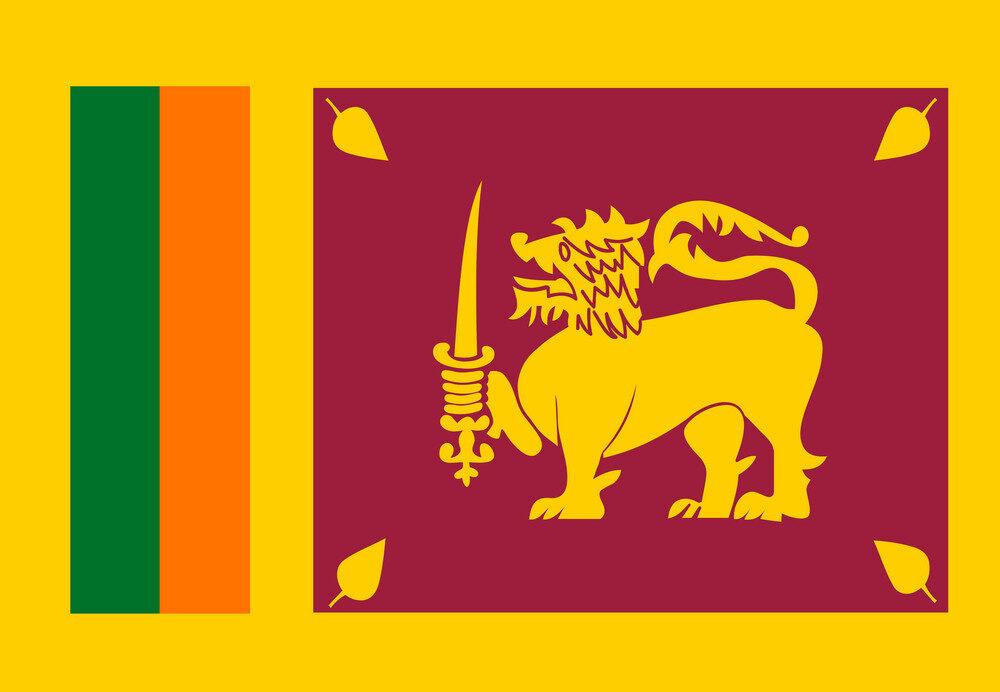Sri Lanka court OKs case seeking to ban anti-LGBTI police training
A court in Sri Lanka has agreed to hear a case seeking an end to police training sessions that vilify LGBT people.

At a training session for police officers in July 2021, a counsellor was recorded making homophobic remarks, including alleging that homosexuals prey on youth to lure them into the LGBT community. She was also recorded encouraging participants to proclaim that they are against same-sex relationships. The counsellor has a well-known track record of malicious statements against the LGBT community.
Sri Lankan LGBTI rights group Equal Ground filed the petition seeking to bar the police and the counsellor from repeating such homophobic training, alleging that the training violated the rights of the LGBTI community in contravention of the constitution’s promise of equal protection by the law.
In a press statement, Equal Ground says this is the first time a case has been brought against law enforcement in Sri Lanka alleging discrimination against the LGBTI community
Under sections 365 and 365A the Sri Lankan Penal Code, acts of same-sex intimacy can be punished with up to ten years in prison. The Supreme Court in 2017 ruled that it was improper to sentence people to jail for consensual homosexual intimacy, but because the Sri Lankan judicial system does not give courts the power to strike unconstitutional laws, the law remains in the books. Police continue to routinely use these sections to harass and imprison LGBTI people.
Last year, Human Rights Watch released a report documenting systemic police harassment of LGBT people in Sri Lanka, including arbitrary arrests, torture, and forced “anal examinations” — a discredited practice used to “prove” the victim’s participation in receptive anal intercourse.
And on 12 December 2021, the Colombo Chief Magistrate dismissed a case against three men charged with homosexuality who alleged that they were beaten, arbitrarily detained, and forced to undergo anal examinations. The Attorney General had announced that the state would not be pursuing the case.
The Sri Lankan government has for many years insisted that discrimination against LGBTI people is prohibited by the constitution, and the Sri Lankan president has called for an end to sexuality and gender-based discrimination. But the government has not taken any steps to repeal anti-LGBTI sections of its criminal code.
In statement reported by the International Gay and Lesbian Association, Equal Ground’s attorney-at-law Lasanthika Hettiarachchi says that even beginning this case is a historic moment for Sri Lanka’s LGBTI community.
“Knowing the history, knowing how difficult it is for the community to deal with the police, the fact that a Sri Lankan court is taking up the case and acknowledging that there is a need for the case to be heard is a win for the whole community,” Hettiarachchi says.
The petition noted that the police, being the official arm of the state, must ensure the due protection and rights of all its people and it must treat all citizens equally; on principle, it cannot segmentise or caricaturise or adopt an unofficial or semi-official policy that is characterised by palpable misogyny or homophobia against selected groups of citizens, be it the LGBTIQ community or anyone else.
That said, there is documented evidence of the police targeting, harassing, intimidating, abusing and extorting the LGBTIQ community, most often erroneously using Articles 365 and 365A. As EG’s petition noted, much of the abuse and discrimination faced by the LGBTIQ community is suffered at the hands of the police.
Last year, news emerged that two men had been arrested for having same-sex sexual relations and were produced in court, causing social backlash. However, this was not the first time. A joint press release by EG and Human Rights Watch (HRW) revealed that in last few years, Sri Lankan police have arrested individuals perceived as engaging in “acts of gross indecency” in public spaces and raided private spaces to arrest LGBTIQ persons as well as those perceived as members of the community.
For instance, in June 2020, the Narahenpita police raided a private hotel room in Colombo and arrested three men on charges of “homosexuality.” News reports revealed that the men who identified as gay were not participating in any sexual activity at the time, but the police used an unopened packet of condoms found in the hotel bathroom as grounds for arrest. They also revealed that the police had beat the men bloody with batons and wires and forced them to undergo anal examinations by Judicial Medical Officers (JMOs). In December 2021, the Colombo Chief Magistrate dismissed the case based on a letter by the Attorney General informing the police that the Attorney General will not pursue the case.
These were not isolated incidents. According to the performance report (2018) of the Sri Lanka police homosexuality is considered a “vice”, defined as “offences that impact adversely on morality and well-being which is expected from the society.” The report revealed that under this provision, the police has prosecuted 33 people for homosexuality in 2016, six in 2017 and nine in 2018.
Even more concerning, in the 2017 to 2020 period, the authorities forced medical tests that include anal/vaginal examinations on at least seven individuals to provide proof of homosexual conduct. Such examinations are not medically or scientifically valid and are considered a form of sexual violence and torture by international bodies such as the United Nations. Meanwhile, a HRW report in 2016 reported that LGBTIQ individuals have been arrested and detained without cause and have been subject to sexual and/or physical abuse and even raped by police officers.




